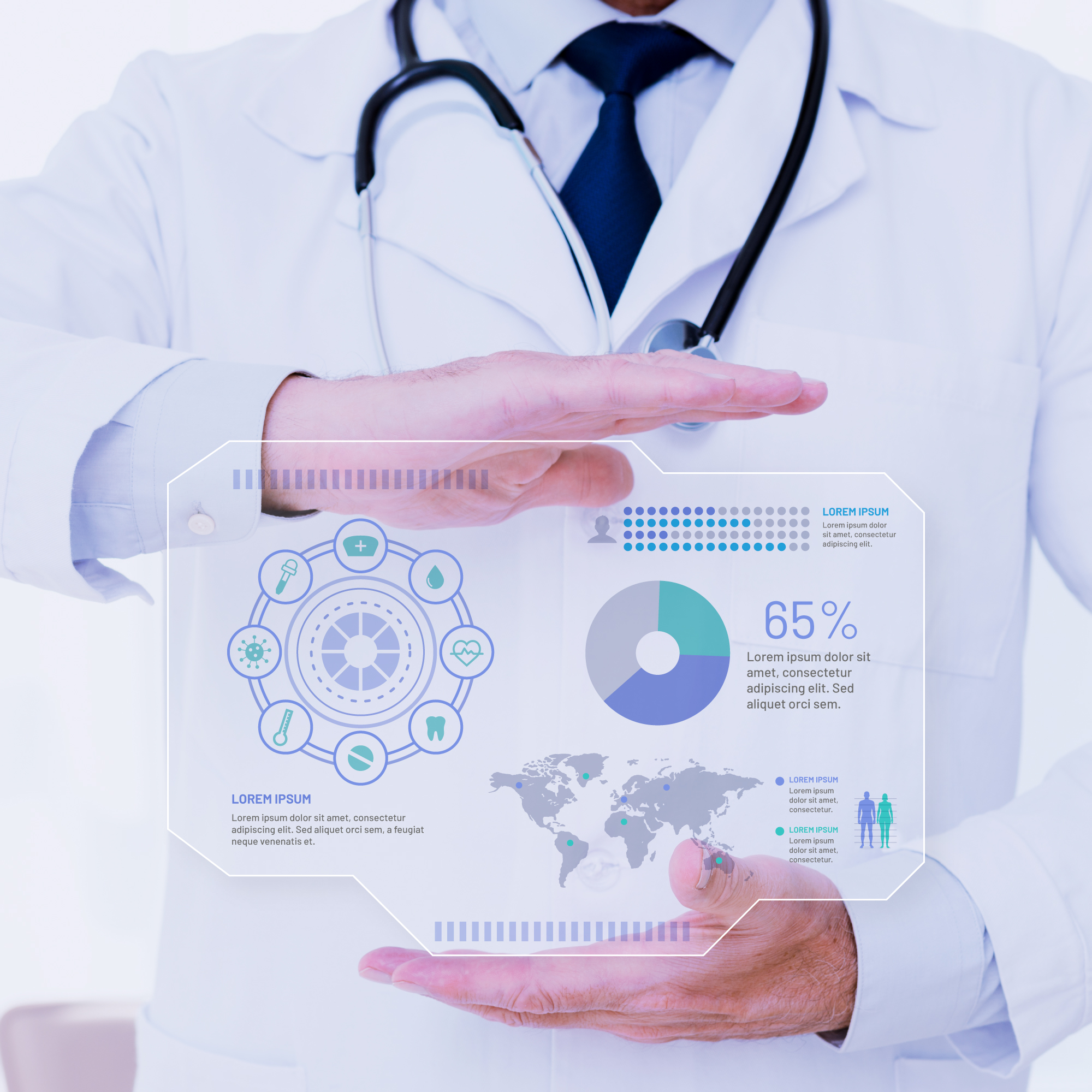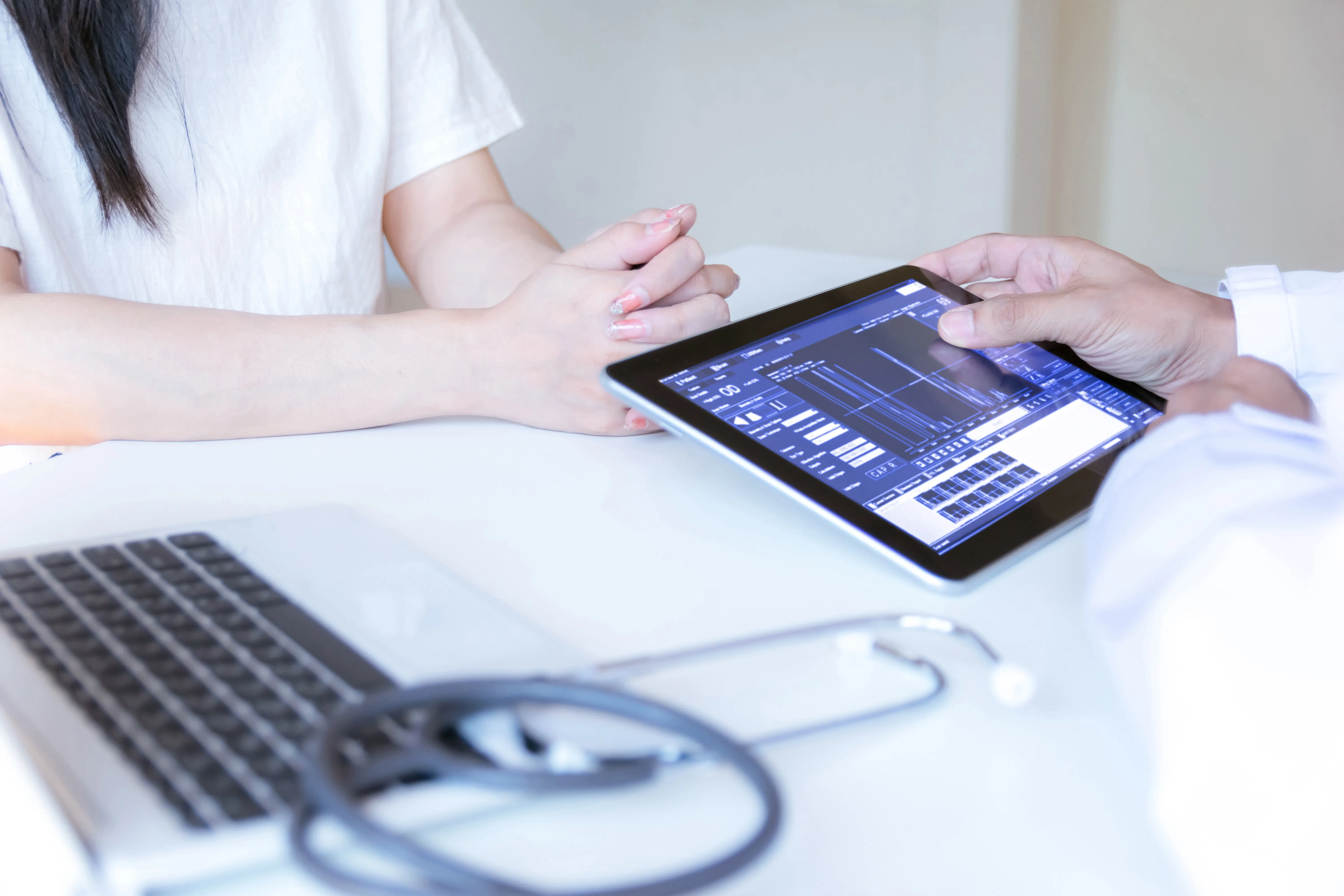
EHRs: Beyond the Screen and Into Patient Care
You know how it is when you're at the doctor's office and the receptionist or doctor is furiously typing away, only to glance up at you every so often? They were using an EHR system, or electronic health record. Although at first glance it may appear that they are more involved in the screen than you are, I am here to tell you that there is a world of benefits hiding behind that screen!
Recognizing the EHR Mysteries
EHRs are essentially electronic versions of paper medical records. Instead than being locked away in a drawer, it can be accessed instantly online. For more reasons than meets the ear, consider these:
- Quick Obtainability: Physicians save time by not having to physically search for patient files or contact other facilities for information. Your full medical record is sitting in front of them.
- In-Depth Insights: When data is centralized, trends can be more easily seen, such as the emergence of a medication's negative effects or the presence of persistent anomalies in test findings.
- The care you receive is a group effort, not the result of an individual's efforts. Primary care physicians, specialists, nurses, pharmacists, and others frequently work together. They are able to work together more efficiently because to EHRs.
Experience I Have Had With Electronic Health Records
When I went to see a specialist regarding a slight allergy I'd discussed to my primary care doctor, I was shocked that she already knew about it. And it's all because of electronic health records. It helped the consultation go more quickly, and I felt more at ease.
Some Difficulties Along the Way
Despite my euphony, I must admit that not everything went swimmingly. There were numerous frustrating moments as I spent time getting to know the platform. Some manual data entry was also required because not all healthcare providers were proficient at interfacing with my PHR software. The benefits, however, were much more substantial.
To Sum Up
Because of the shift to electronic health records, our doctors may spend more time than usual staring at their computers. Those monitors, though. They're making sure the treatment we receive is unified, well-informed, and team-based. If you observe your doctor tapping away at a keyboard, you can rest assured that modern tools are being used to improve your treatment.

